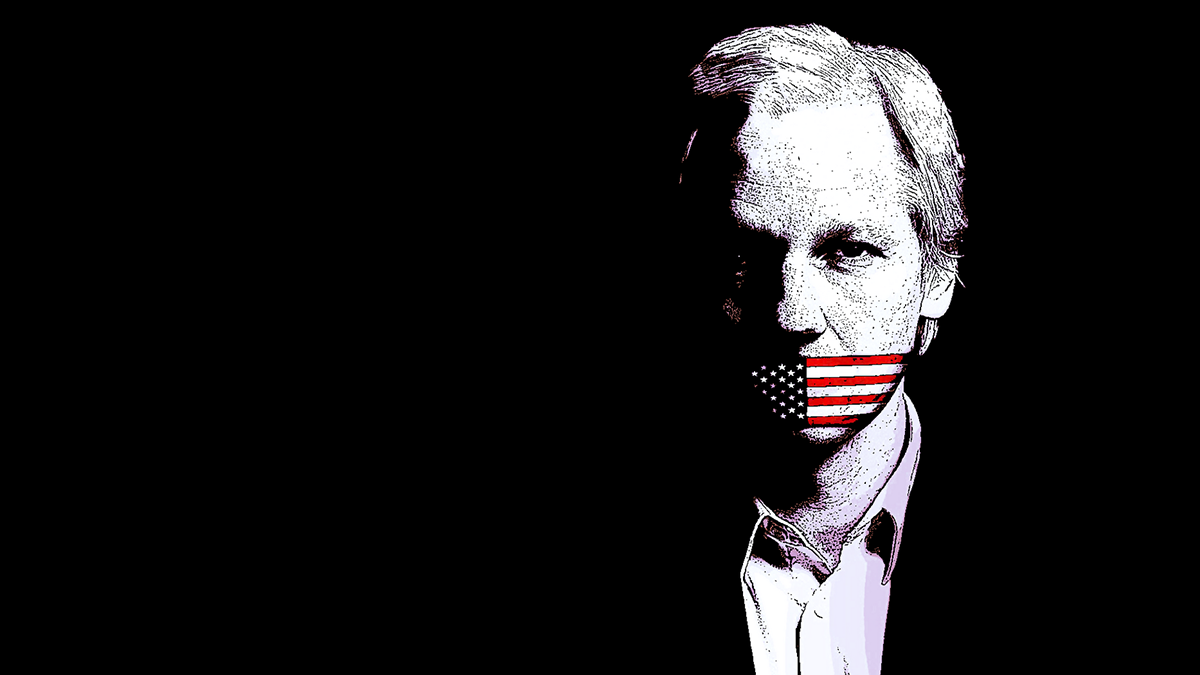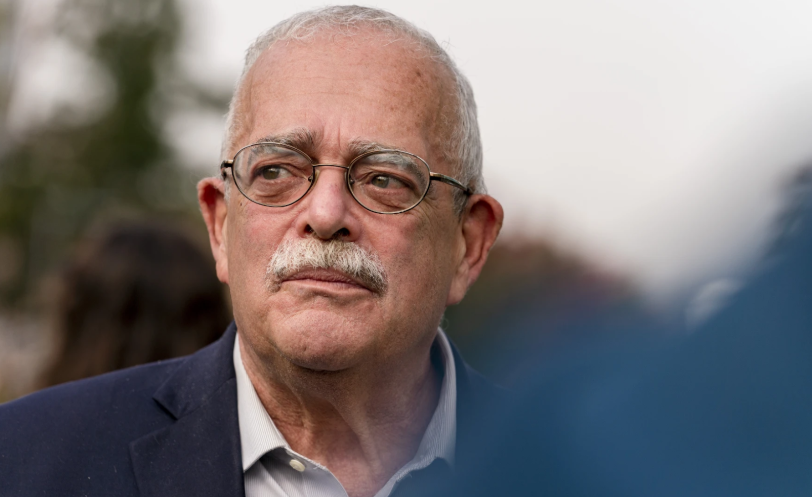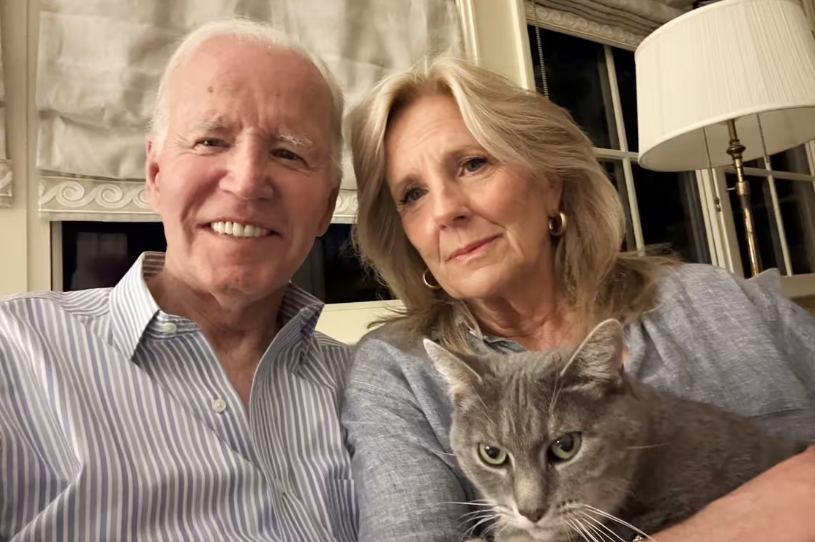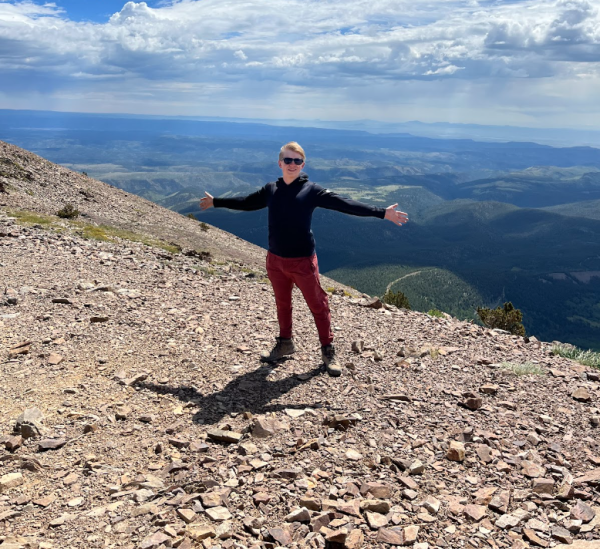Many students may not know the name of Julian Assange, although he is perhaps one of the most important figures in the fight for freedom of speech and freedom of the press, two of our most fundamental constitutional rights.
Julian Assange is an Australian editor and founder of the publishing website Wikileaks, where anonymous whistleblowers can upload classified or sensitive information. In 2010, a U.S. Army Intelligence Officer, Chelsea Manning, leaked thousands of classified documents detailing the actions of the US military in Iraq and Afghanistan to Wikileaks. These documents included reports on tens of thousands of civilian deaths in both countries at the hands of the US, which have been widely characterized as war crimes. Among the leaked documents was a video taken from a US military helicopter, in which two Reuters reporters were killed by the pilots, after mistaking their cameras for weapons. Chelsea Manning was subsequently arrested months later, and spent seven years in jail, until her lengthy sentence was commuted by President Obama. While Chelsea’s story did have a happy ending, only after enduring an extra year of jail from 2019 to 2020 for refusing to testify in an investigation against Assange, she is now a free woman. Julian Assange, the publisher of her leaks, hasn’t been so lucky.
Assange, who is an Australian citizen, was never prosecuted for the leaks by Obama’s administration. However, later in 2010, the EU issued an arrest warrant against him, to question him in a sexual misconduct investigation. He appealed the warrant, and lost, and then breached bail by seeking refuge in Ecuador’s London embassy in June 2012. For seven years, he was trapped in the embassy. On March 6th, 2018, a federal court in Virginia issued a sealed indictment against him. On November 16th, 2018, it was accidentally unsealed. He was first charged with allegedly helping Chelsea Manning hack into a computer she didn’t have access to.
On April 11th, 2019, Ecuador’s president, who had granted Assange political asylum in their London based embassy since 2012, revoked his asylum, and invited London’s metropolitan police inside to arrest him, for the breach of bail in 2012 and for the indictments against him in the US. On May 23rd, 2019, the same court issued 17 more indictments, under the Espionage Act, for publishing the leaked information provided by Manning to his website. Since his arrest, he has been rotting away in a London prison, awaiting extradition to the United States. He has been sitting in a foreign jail for 4 years, despite being convicted of nothing in the UK, and the only wrongdoing committed being his bail breach in 2012. Since 2019, he has been trying to appeal his extradition to the United States, and earlier this year, had his appeal denied by the High Court in London. The government of Australia, led by Anthony Albanese, has been vehemently opposed to his extradition and prosecution. Australia’s pleas to the US government to end their prosecution of Assange have fallen on, at best, reluctant ears. Australian officials are planning to fly out to Washington at the end of this month to convince the US government to drop the charges. Despite Obama deciding not to prosecute Assange on the grounds of protecting press freedom, Biden has continued to pursue the case, started during the Trump administration.
Were Assange to be extradited to the United States, his trial would be held at a federal courthouse in Alexandria, which would certainly create a public spectacle. With every major press freedom group in the West condemning this prosecution, think about what it will look like for the United States, the self-proclaimed nation of freedom, democracy, and, most importantly, press freedom, to be prosecuting one of the most influential journalists of our time. The basis of his prosecution is questionable at best. Assange, an Austrialian citizen, only published information leaked to him from Chelsea Manning. If, hypothetically, an American ever published leaked secret information from another country, does the United States extradite their own citizens to foreign countries if the crime isn’t committed on their soil? When it is viewed from that angle, the prosecution seems to lack merit. If the American press, let alone an Australian editor, is threatened for leaking what the government is doing in the dark, perhaps no journalist is safe. American journalists routinely use inside and anonymous sources to report on the government’s actions. Luckily, there is a legal precedent that protects journalists.
In New York Times v. United States, a landmark Supreme Court case, the court ruled that the New York Times and the Washington Post were well within their right to publish classified information related to the war in Vietnam, a.k.a. the Pentagon Papers, leaked by Daniel Ellsberg. The court’s decision is widely viewed as the signature legal precedent protecting freedom of the press. Journalism is designed to serve as an adversary to those in power, holding them to account when so many important decisions are made without the public’s knowledge or consent. The work of Assange, along with the work of other journalists and whistleblowers such as Glenn Greenwald and Edward Snowden, have produced numerous journalism awards, including consideration for Nobel Peace Prizes, and Oscar award-winning documentaries, such as Citizenfour. This will be a story to follow in the coming months, as Australia’s officials continue to plead with the US government to end Assange’s prosecution. All that awaits now is the United Kingdom either authorizing or denying Assange’s extradition to the United States.















